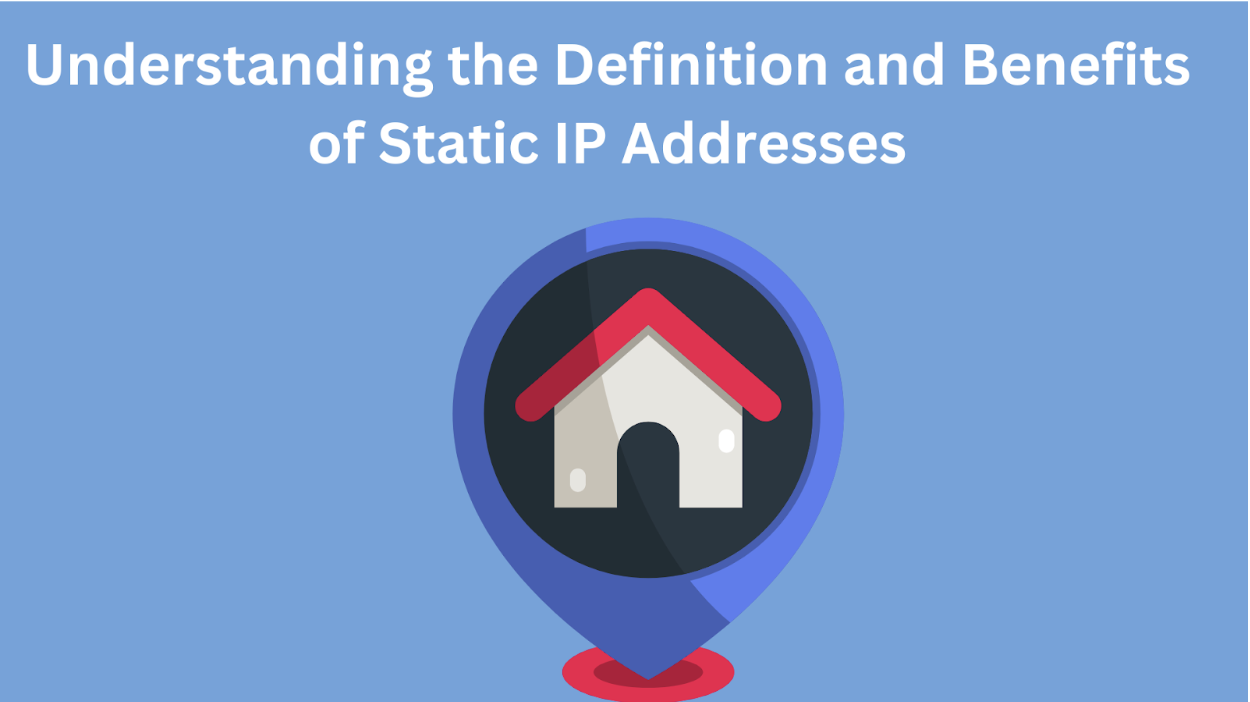The term “IP address” is a fundamental concept. It serves as a unique identifier for devices connected to a network, allowing them to communicate with each other. While there are two main types of IP addresses—static and dynamic—this article focuses on the definition and benefits of static IP addresses, particularly in business and development environments.

A static IP address is a fixed, unchanging identifier assigned to a device on a network. Unlike dynamic IP addresses, which are assigned by a DHCP (Dynamic Host Configuration Protocol) server and may change over time, a static IP address remains constant. This means every time the device connects to the network, it uses the same IP address.
One of the primary advantages of a static IP address is its stability. Since the address does not change, devices using static IPs can be easily accessed and monitored, making them ideal for servers, printers, and other networked devices that require continuous availability.
Static IP addresses simplify remote access and device management. Whether accessing a security camera feed or managing a server, having a fixed IP address ensures consistent connectivity.
Static IP addresses can enhance security by enabling more precise control over network traffic. Firewalls and access controls can be configured to allow or deny specific IP addresses, reducing the risk of unauthorized access.
Using a static IP address can sometimes lead to improved network performance. Since the address is fixed, there is no need for the device to request a new IP address from a DHCP server, which can reduce latency and improve response times.
A static IP address is essential for businesses that host their services, such as web servers or email servers. It allows these services to be consistently accessible via a fixed address.

A static IP address is a valuable tool for businesses and developers looking to maintain stable and reliable network connections. Static IPs simplify remote access, enhance security, and improve network performance by providing a fixed identifier for devices, making them an essential component of modern networking infrastructure.
You can request a static IP address from your Internet Service Provider (ISP) or configure your router to assign a specific IP address to a device.
Static IP addresses do not inherently offer greater security, but they can facilitate better security practices by enabling more precise control over network traffic.
While technically possible, using a static IP address for a mobile device may not be practical due to the changing nature of mobile networks and potential conflicts with other devices.
A dynamic IP address provided by their ISP is sufficient for most home users. However, a static IP address may be beneficial if you require remote access to devices on your home network or host services such as a personal website.